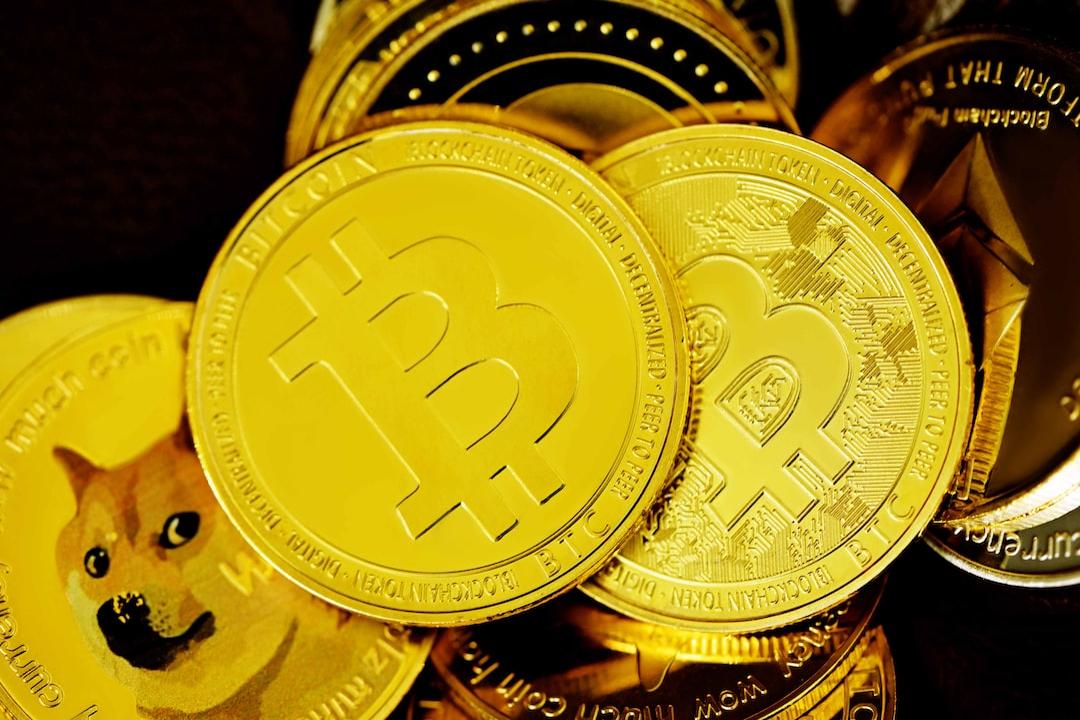Trump Announces Historic “Most Favored Nation” Drug Pricing Policy
U.S. President Donald Trump has announced a groundbreaking “Most Favored Nation” drug pricing policy that requires drug manufacturers to sell their products in the U.S. at the lowest price available worldwide. He claims that drug prices will immediately drop by as much as 80% and argues that the high costs of research and development should be borne by other countries, provoking dissatisfaction in the pharmaceutical industry.
(Background Summary: India and Pakistan suddenly announced an “immediate ceasefire” and reopened airspace. Trump takes credit: facilitated by the U.S.)
(Context: U.S.-China tariff negotiations nearing resolution? Trump: ### proactive call made, 200 trade agreements reached)
Trump Pushes for Low-Cost Drug Policy
Last week, President Trump announced that he would unveil a “historic” initiative aimed at addressing the primary public grievance of “high healthcare costs.” Today (the 12th), he revealed his plan to improve the situation by signing an executive order establishing the “Most Favored Nation” drug pricing policy, which mandates that U.S. drug prices cannot exceed the lowest prices in other developed countries. However, he did not specify the scope of this policy, such as whether it would apply to Medicare or Medicaid, leading to international uproar. On his social media platform, Truth Social, he stated:
“Prescription drug prices in the U.S. are far higher than in other countries… Pharmaceutical companies always claim this is due to R&D costs, which, regardless of their reasonableness, are borne entirely by Americans alone. Therefore, we will sign the most impactful executive order in U.S. history, and drug prices will immediately decrease by 30% to 80%. In contrast, drug prices in other parts of the world will rise… This move will finally ensure that our country is treated fairly, the healthcare costs for our citizens will decrease to an unprecedented extent, and most importantly, the U.S. will save trillions of dollars.”
Reactions to the Policy
How high are drug prices in the U.S.? According to The Wall Street Journal, the price of the diabetes drug Jardiance was $611 for a 30-day supply in the U.S. last year, far exceeding prices of $70 in Switzerland and $35 in Japan. One of the main reasons for this vast price difference is the lack of a centralized drug price negotiation mechanism in the U.S., which is present in many other countries.
While Trump may be attempting to garner public support on healthcare issues, the introduction of the “Most Favored Nation” strategy has sparked strong backlash from the pharmaceutical industry. Alex Schriver, Senior Vice President of the Pharmaceutical Research and Manufacturers of America (PhRMA), publicly criticized the move, arguing that price controls would be detrimental to both the pharmaceutical industry and American patients. He contended that policymakers should correct systemic issues within the U.S. rather than import failed foreign policies:
“Any form of government pricing is detrimental to American patients. Price control policies could lead some companies to withdraw from Medicaid, the medical assistance program for low-income Americans. This policy could result in over a trillion dollars in losses for the pharmaceutical industry over the next decade…”
Pharmaceutical companies like AbbVie also criticized the proposal, stating that international reference pricing could hinder U.S. investments in new drugs, ultimately harming U.S. healthcare and innovation. The industry further warned that government pricing could lead to healthcare resource rationing and drug shortages similar to those faced by countries that have implemented price controls.
Overall, Trump’s drug policy is expected to cause significant upheaval in global drug supply, demand, and pricing, potentially increasing healthcare costs for individuals outside the U.S. However, the actual extent of the impact remains unclear, and Trump’s claim of “changing history” adds a layer of uncertainty to the overall economic market.

Related Reports
- Trump says “cryptocurrency is important” and that not engaging with China could be detrimental: tariffs do not affect the economy; recession is a temporary pain period.
- Bitcoin surges to $104,000 following U.S.-U.K. tariff agreement and Trump’s goodwill towards China, leading to a rise in all four major U.S. stock indices.
- Is the U.S. neglecting allies like Taiwan, Japan, and South Korea? Trump: “I feel no remorse; a 145% tariff on China is what they deserve.”

